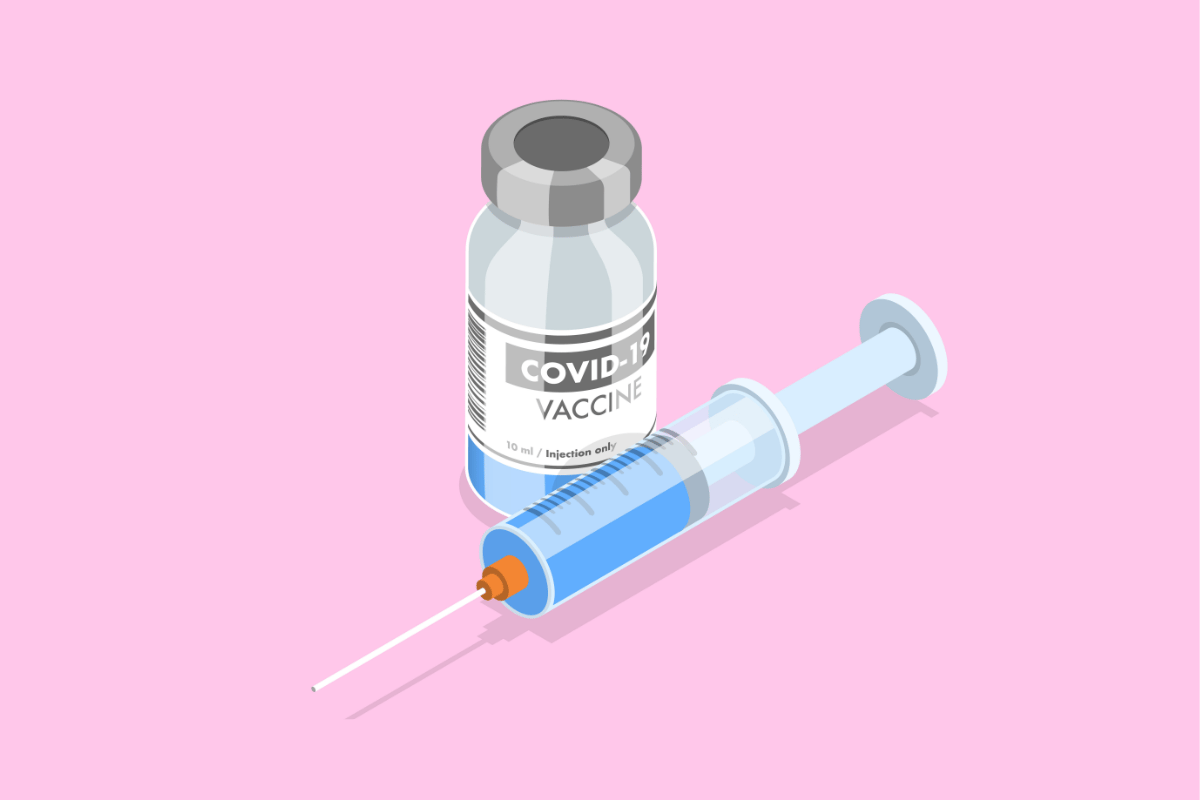
COVID-19 has been cropping up a lot more in the headlines lately.
With cases continuing to rise during winter, Aussies are now being urged to work from home where possible, wear masks in crowded areas and get our booster shots.
"This third Omicron wave for 2022 is proving to be a very, very significant one," said Health Minister Mark Butler.
"We are seeing hundreds and hundreds of thousands of Australians infected every single week in this wave."
Watch: A thank you to masks. Post continues below.
As the country faces a third Omicron wave, we decided to round up all the questions you have about the virus, in one place.
Here's everything you need to know.
1. What do we know about the new Omicron variants?
When Omicron spread across the globe in late 2021, the BA.1 variant quickly overtook Delta as the dominant strain. Here in Australia, we saw cases peak at more than 100,000 a day thanks to the new strain.
A second wave of Omicron BA.2 later struck in February, which saw cases peak at 60,000 a day in April.
